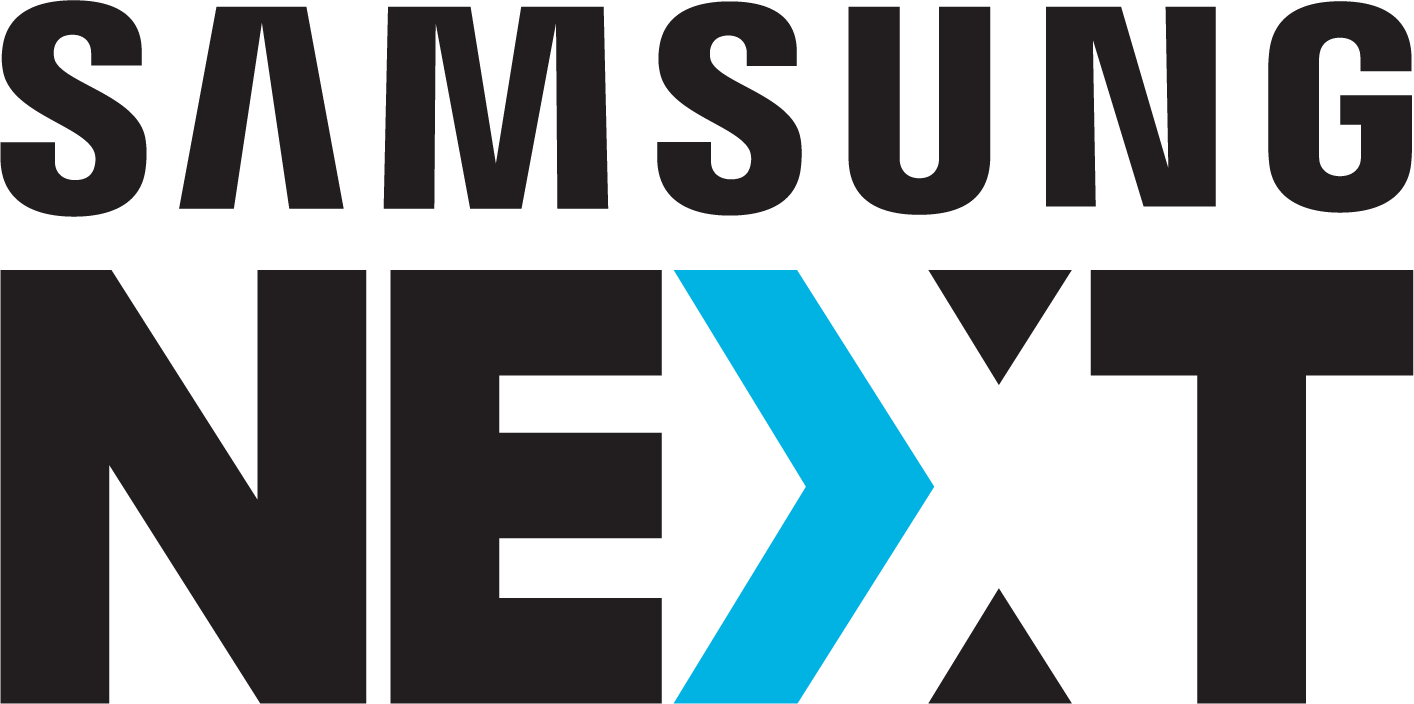Why we invested in MachineFi, connecting the real world to web3
Machine economies are massive networks of devices owned by individuals or in groups that act as autonomous market participants by providing either data access, resources or actuation in exchange for payment. Historically, these networks have failed to garner traction due to the infrastructure and capital requirements needed to operationalize them.
But now, MachineFi Lab is harnessing the power of blockchain with an end-to-end solution to distribute, orchestrate, and monetize large numbers of IoT devices as part of a unified machine network. The MachineFi platform is built to enable developers to connect billions of machines with web3 infrastructure. The new platform, which launched earlier this year, facilitates large scale device distribution via tokenomics, while providing orchestration and transaction infrastructure, incentives to invest in device deployment, and a layer to enable a marketplace for the network. By joining the machine economy, people can monetize their devices and associated digital assets on a global scale.
MachineFi Lab is the core developer of IoTeX, a leading decentralized network powering the web3 and machine economy. IoTeX was founded in 2017 by a team with experience at companies such as Google, Facebook, Uber, Bosch, and Intel.
We invested in MachineFi Lab because we think its platform has the potential to unify large-scale machine networks and to provide the infrastructure needed to enable each device to act as an autonomous market participant, providing incentives for consumers to help construct the network. We joined Draper Dragon Fund, Jump Capital, and other investors in a $10 million seed round that also includes a warrant for future tokens.
MachineFi’s infrastructure features an EVM blockchain for smart contracts, API, multi-chain wallet, and software development kits (SDKs). It also includes a crowdfunding platform, a scalable machine orchestration protocol for verifiable, real-time IoT data – called W3bstream – and a portal that handles device authentication and makes their resources available for subscription in a marketplace.
The founding team has been working with crypto since 2012. Co-founder Raullen Chai is CEO of both MachineFi Lab and IoTeX. He was previously head of cryptography at Uber and tech lead at Google, and has a Ph.D. in computer science from the University of Waterloo Qevan Guo, co-founder of both MachineFi Lab and IoTeX, was previously product lead at Facebook. He has a Ph.D. in Machine Learning from the University of Singapore. Xinxin Fan, co-founder, and head of crypto of MachineFi Lab and IoTeX., was previously a senior research scientist at Bosch. He has a Ph.D. in Cryptography from the University of Waterloo. Jing Sun, co-founder, is currently managing partner at Sparkland Capital, a Silicon Valley-based venture capital firm.
MachineFi has gained early traction with GPS and webcam devices developed in-house. The company’s initial B2C user acquisition strategy includes partnering with device makers to help drive pre-orders, integrating with open hardware platforms – such as Arduino and Raspberry Pi – and powering wearable fitness trackers. The new platform promises to enable developers worldwide to build game-changing decentralized applications (dapps) and to bootstrap machine networks in months, rather than years.
Andy Duong is a Samsung Next Investor. Samsung Next's investment strategy is limited to its own views and does not reflect the vision or strategy of any other Samsung business unit, including, but not limited, to Samsung Electronics.

